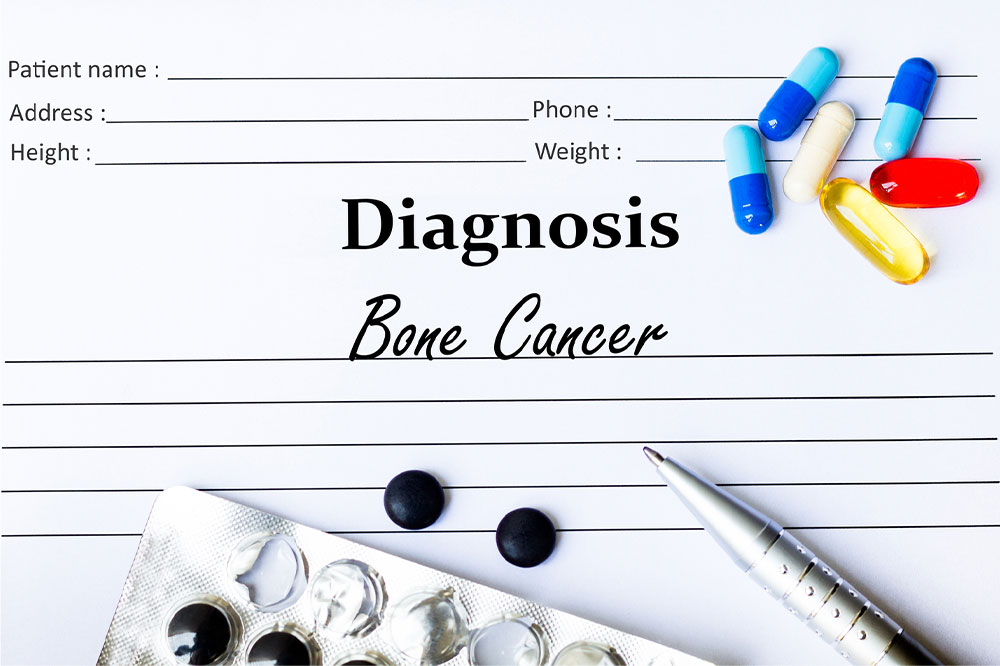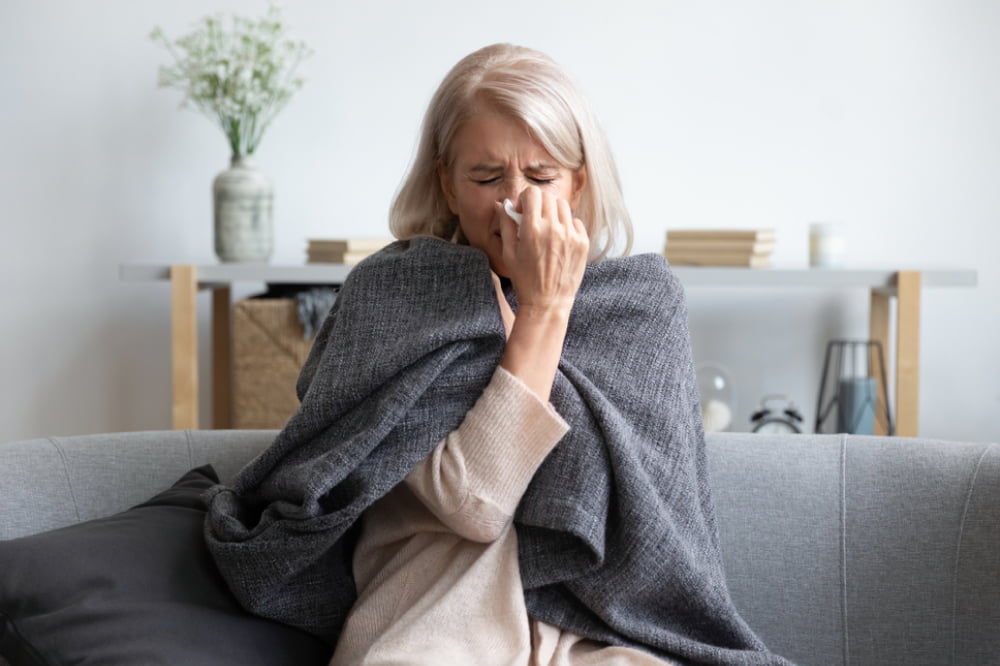
Health
Causes and top signs of kidney failure
Kidneys are two bean-shaped organs found on both sides of the body. Their primary functions include blood purification and urine production to excrete fluids from the body. However, organ failure can result in fluid buildup and causes waste buildup in the body. Kidney failure primarily affects the production of red blood cells in circulation and triggers several discomforts that should not be ignored. Here are the common causes and signs of kidney failure explained. Primary causes of kidney failure Kidney failure is mainly triggered due to underlying health problems, such as the following given below. Diabetes and hypertension are the most common causes of kidney failure. Certain autoimmune diseases can also trigger problems with organ function. Genetic traits that trigger changes in organ function may lead to the development of chronic kidney diseases like medullary cystic kidney disease. Regular dosages of certain prescriptions given to manage chronic illnesses can also put pressure on the organ resulting in kidney failure. A condition called nephritis that results in the swelling of nephrons causing filtering units in the kidneys to malfunction. Bladder problems that cause the urine to flow back into the kidneys and can result in scarring of the tissue. Poor lifestyle choices and nutritional deficiencies can also affect the proper functioning of the organ resulting in permanent damage.
Read More 















